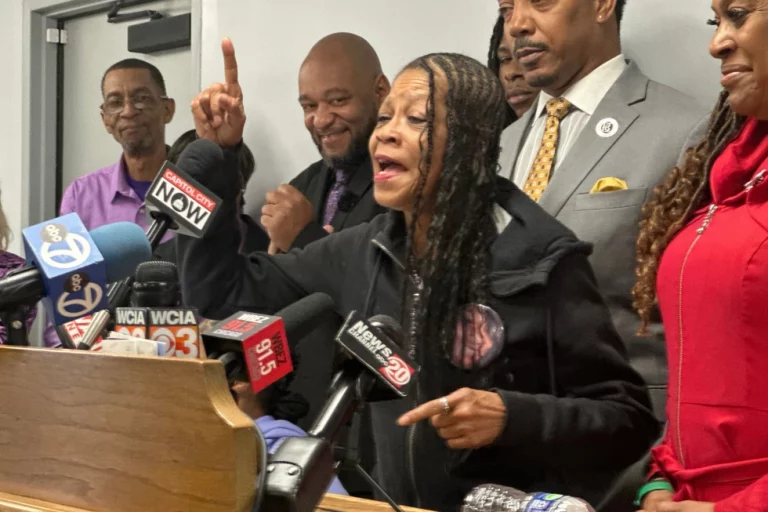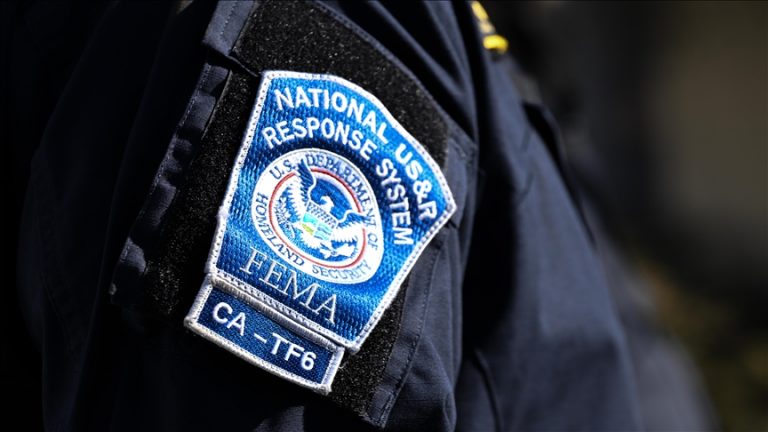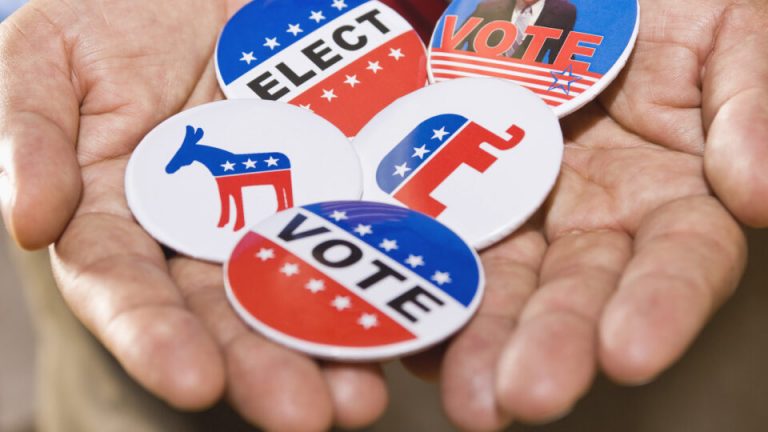
major us federal agencies
Major US Federal Agencies and What They Do
If you’re searching for major us federal agencies, this article explains what several of the most influential federal agencies do, why they exist, and how they affect businesses and citizens. Understanding these agencies helps you follow policy, spot where decisions are made, and find reliable sources for regulation, enforcement, and public services.
Why major US federal agencies matter
Federal agencies carry out the day-to-day work of government: writing and enforcing rules, protecting public health and safety, supervising markets, and delivering services. While Congress passes laws and the President sets broad policy, federal agencies translate laws into regulations, monitor compliance, and provide expertise in specialized areas—from food safety to financial markets. Knowing major us federal agencies and their missions makes it easier to interpret news, navigate services, or comply with rules.
Securities and Exchange Commission (SEC) — policing markets and protecting investors
The SEC’s mission is to protect investors, maintain fair, orderly, and efficient markets, and facilitate capital formation. The SEC regulates securities exchanges, brokers, investment advisers, and public companies’ disclosure obligations. Its work includes reviewing corporate filings (like 10-Ks and 10-Qs), enforcing insider trading and accounting-fraud rules, and overseeing rulemaking that shapes capital-market transparency. For anyone following stocks, IPOs, or corporate governance, the SEC is a central regulator. (SEC)
Food and Drug Administration (FDA) — safeguarding food, drugs, and medical products
The FDA is tasked with protecting public health by ensuring the safety, efficacy, and security of human and veterinary drugs, biological products, and medical devices, as well as the safety of the nation’s food supply and cosmetics. The agency reviews and approves new medicines and vaccines, sets standards for food safety, inspects manufacturing facilities, and issues guidance for labeling and advertising. The FDA’s approval and regulation processes directly affect public health, pharmaceutical innovation, and what products are available to consumers. (U.S. Food and Drug Administration)
Environmental Protection Agency (EPA) — protecting human health and the environment
The EPA’s core mission is to protect human health and the environment. The agency develops and enforces rules on air and water quality, hazardous waste, chemical safety, and pollution controls. It issues standards under laws such as the Clean Air Act and Clean Water Act, oversees environmental assessments, and conducts research on environmental risks. EPA rules influence everything from industrial permitting and state environmental programs to household safety and community health. (EPA)
Department of Justice (DOJ) — enforcing federal law and defending the public interest
The DOJ enforces federal laws, prosecutes criminal cases under federal statutes, represents the United States in legal matters, and protects civil rights. The Department includes U.S. Attorneys in federal districts, civil and criminal divisions, and specialized offices such as the Antitrust Division and the Civil Rights Division. The DOJ’s work ranges from prosecuting fraud and violent crime to bringing civil suits that shape policy and protect constitutional rights. Its enforcement and litigation choices often set national legal precedents. (Department of Justice)
U.S. Department of the Treasury — managing finances and economic policy
The Treasury Department promotes economic prosperity and ensures the financial security of the United States. Its responsibilities include advising the President on economic policy, managing federal finances and public debt, producing currency (through the Mint and Bureau of Engraving and Printing), and supervising certain financial institutions. Treasury bureaus—like the IRS, the Office of Financial Research, and the Financial Crimes Enforcement Network—carry out tax collection, financial oversight, and anti-money-laundering work. Treasury policy and its regulatory actions are central to finance, banking, and fiscal stability. (U.S. Department of the Treasury)
A quick tour of other influential agencies
Beyond the five agencies above, many other federal bodies play major roles:
- Federal Reserve (Fed): sets monetary policy and supervises banks (not a cabinet department).
- Department of Health and Human Services (HHS): oversees public health programs and agencies like the CDC.
- Federal Aviation Administration (FAA): regulates air travel safety.
- Federal Communications Commission (FCC): regulates broadcasting and communications.
- Department of Homeland Security (DHS): manages immigration enforcement, disaster response coordination, and cybersecurity efforts.
Each agency has a specific statutory mandate and rulemaking authority. For a full A–Z index of agencies and contact details, consult the official government directory. (Agencies publish rules and notices in the Federal Register and maintain public websites for guidance.)
How to interact with and follow major US federal agencies
- Find authoritative sources: Use agency websites for primary documents, guidance, rulemakings, and press releases.
- Track rulemaking: Agencies publish proposed and final rules in the Federal Register; public comment periods are a chance to participate.
- Watch enforcement: Enforcement actions and consent decrees are often posted on agency enforcement pages—use these to see how rules are applied.
- Subscribe or follow: Most agencies offer email updates, RSS feeds, or social accounts to get fast updates on regulations, recalls, or policy shifts.
Final takeaway
Knowing the major us federal agencies and their core missions! Market oversight (SEC), public health (FDA), environmental protection (EPA), law enforcement (DOJ), and fiscal governance (Treasury). It helps you understand where policy decisions come from and whom to consult for reliable information. When you see headlines about rule changes, recalls, enforcement actions, or economic policy, check the relevant agency’s website. Or Federal Register notices for the primary source and the most accurate details.
Follow for more US NEWS TODAY!





